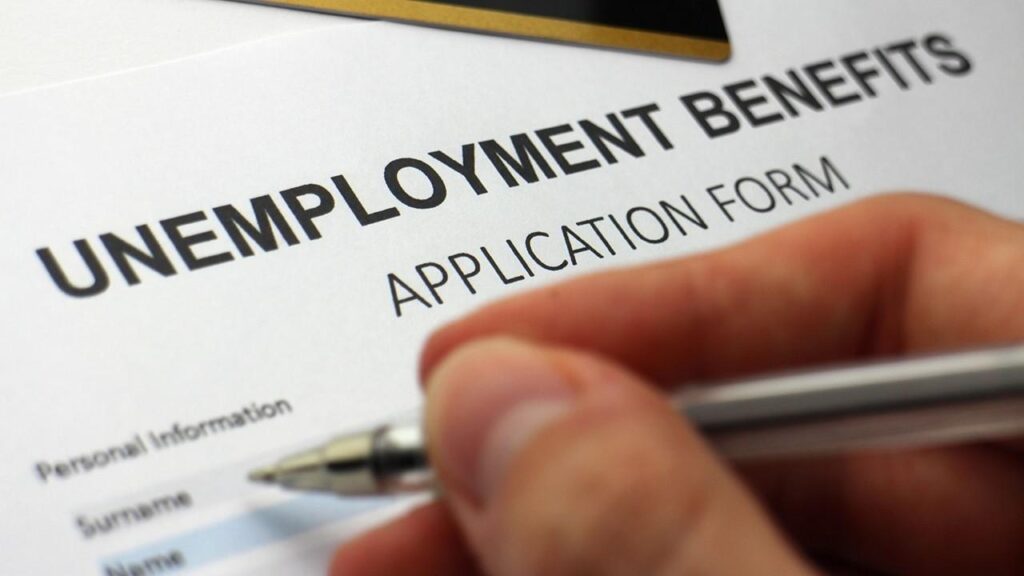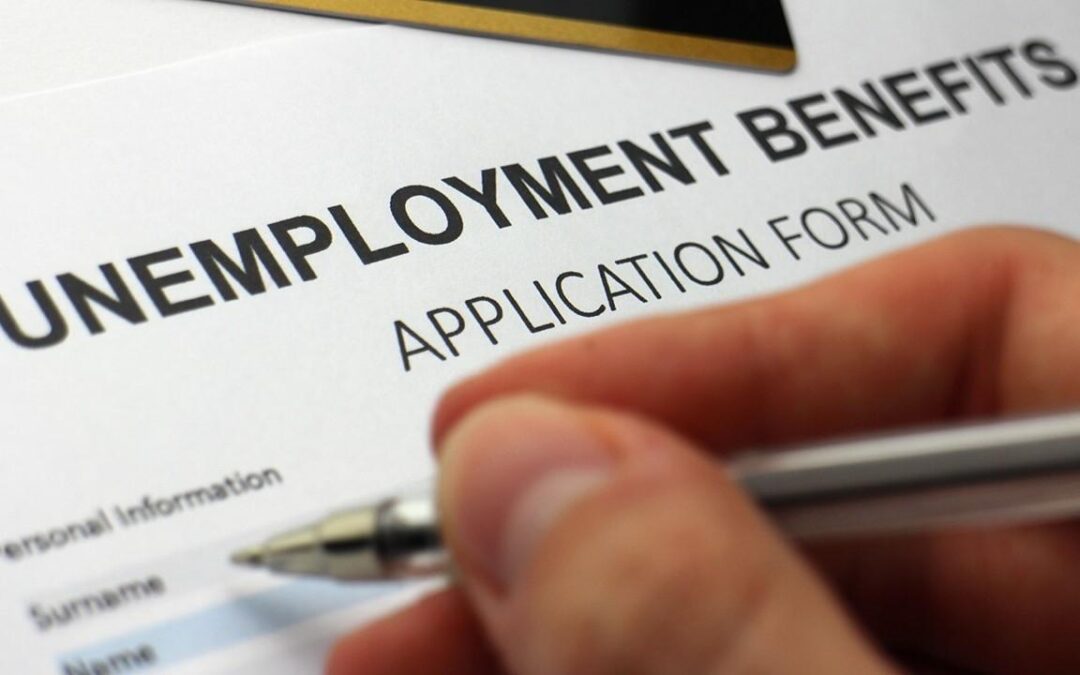 An opinion piece in the San Francisco Chronicle by Will Raderman, an employment policy analyst at the Niskanen Center in Washington, D.C., digs into the complexities and difficult choices that date back to when the state had to borrow money from the federal government to pay out unemployment benefits. Raderman writes that “California has a $20 billion problem and it’s putting the state at major risk in case of a recession.”
An opinion piece in the San Francisco Chronicle by Will Raderman, an employment policy analyst at the Niskanen Center in Washington, D.C., digs into the complexities and difficult choices that date back to when the state had to borrow money from the federal government to pay out unemployment benefits. Raderman writes that “California has a $20 billion problem and it’s putting the state at major risk in case of a recession.”
In its May 2023 forecast, the Employment Development Department said that California’s unemployment insurance fund debt would grow to $19.7 billion by the end of the year. Much of that debt was accumulated during the pandemic when millions of people lost their jobs and the state had to borrow money from the federal government to pay out unemployment benefits,” Raderman writes.
The debt is the reason Gov. Gavin Newsom vetoed a bill in September to make striking workers eligible for unemployment insurance benefits. The rationale is understandable — any unemployment benefit expansion can be hard to justify when the program is insolvent. As the governor wrote in his message to the state Senate, “Now is not the time to increase costs or incur this sizable debt.” Still, the push for more robust unemployment benefits shouldn’t end with California policymakers throwing up their hands in the face of a dire financial situation.

